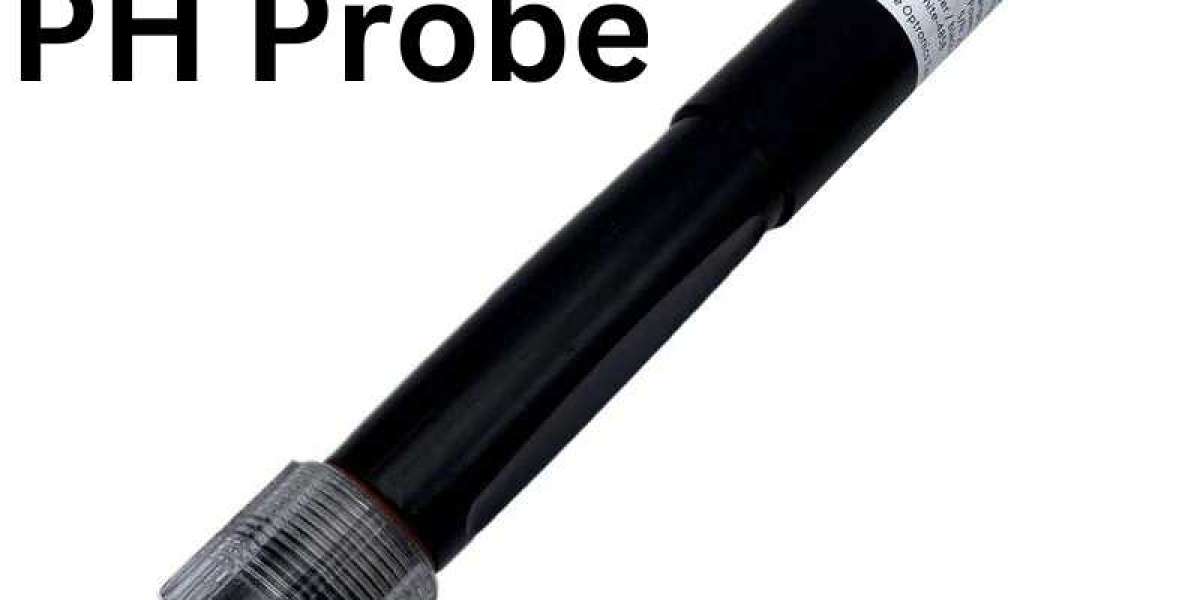What is a pH Probe?
A pH probe is a sensor designed to measure the hydrogen ion concentration in a solution, which determines its pH level. The pH scale ranges from 0 to 14, where values below 7 indicate acidity, values above 7 indicate alkalinity, and a value of 7 represents neutrality. A pH probe typically consists of a glass electrode that responds to hydrogen ions in the solution, and a reference electrode that provides a stable reference voltage.
How Do pH Probes Work?
The operation of a pH probe is based on the electrochemical principle. When the glass electrode comes into contact with the solution, it generates a small voltage that corresponds to the pH level. This voltage is then measured and converted into a pH reading by the connected meter. The accuracy of a pH probe largely depends on its calibration, which is usually performed using standard buffer solutions with known pH values.
Applications of pH Probes
Laboratories: In research laboratories, pH probes are widely used for chemical analysis, experiments, and quality control. Accurate pH measurements are critical in experiments involving enzymatic reactions, which can be sensitive to changes in acidity.
Agriculture: In agriculture, pH probes help monitor soil pH, which is vital for nutrient availability and crop health. Farmers can use this information to adjust soil amendments and optimize crop yields.
Water Treatment: pH measurement is crucial in water treatment processes. pH probes help in monitoring the acidity of water sources, ensuring they meet safety standards before consumption. Adjustments can be made in treatment processes based on real-time pH data.
Food and Beverage Industry: Maintaining the correct pH levels in food production is essential for quality and safety. pH probes are used to monitor and control the acidity of various products, from beverages to dairy items.
Choosing the Right pH Probe
Selecting the appropriate pH probe depends on several factors, including the type of solution being measured, the required accuracy, and environmental conditions. There are specialized probes designed for specific applications, such as those resistant to high temperatures or corrosive substances. It’s essential to consider the probe's specifications and compatibility with the measuring instrument.
Conclusion
In conclusion, pH probeare indispensable tools in various fields, providing essential data for maintaining quality and safety standards. Their ability to deliver accurate and real-time measurements makes them vital in scientific research, agriculture, water treatment, and food production. As technology advances, the design and capabilities of pH probes continue to evolve, further enhancing their importance in ensuring precise pH measurements in a wide range of applications.








